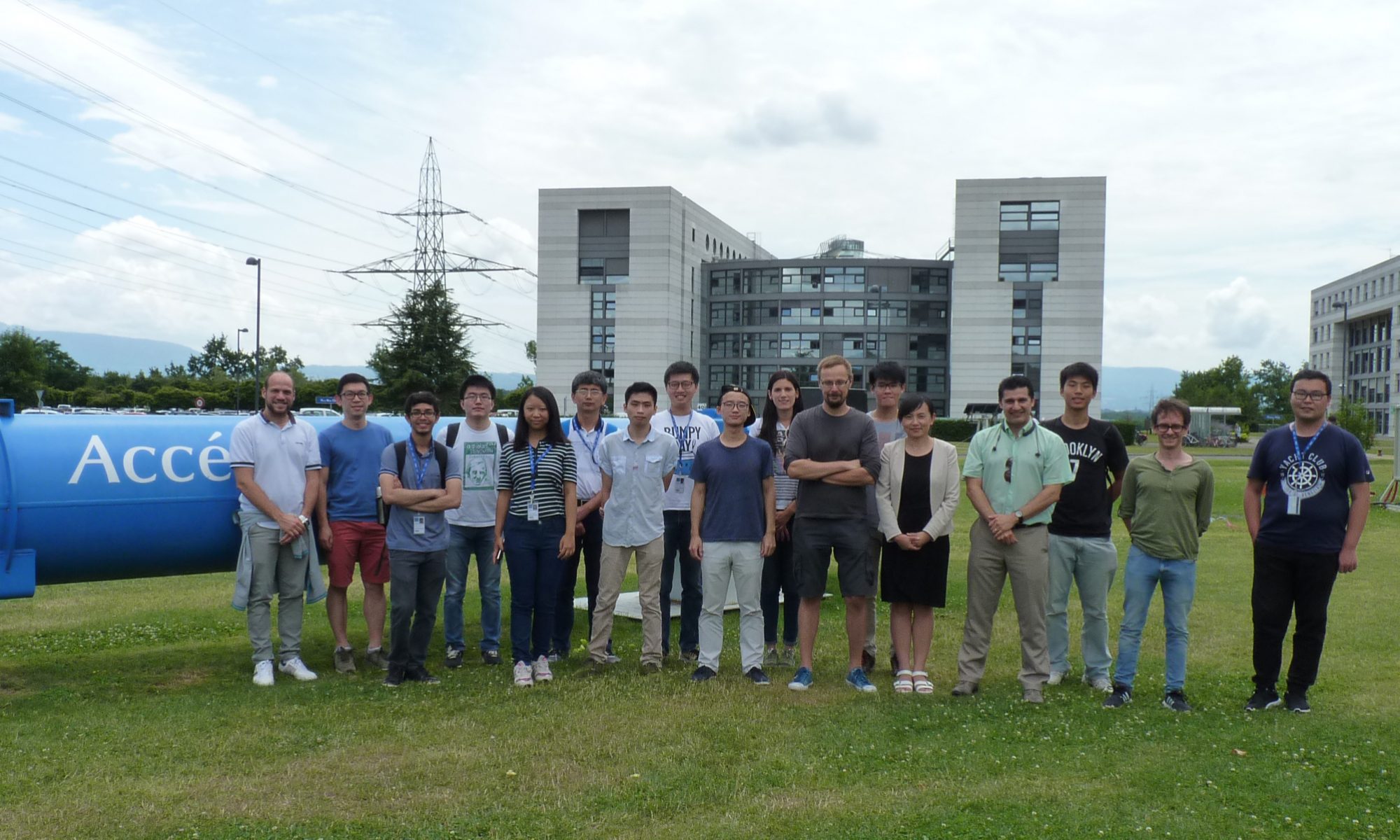The Hong Kong Particle Physics Group is a team of Particle Physics enthusiasts in Hong Kong. It is co-organized by members from The Chinese University of Hong Kong, The University of Hong Kong, and The Hong Kong University of Science and Technology.
Our activities
The focus of our activities is the experimental research carried out using the ATLAS detector, one of the largest and most complex particle detectors ever built. It is also one of the four main detectors at the Large Hadron Collider (LHC), which is operated by CERN in Geneva, Switzerland. In this context, we engage in the following activities:
- Searching for new physics,
- Aiming to improve the measurements of the known particles and fields,
- Operating and utilizing large computing facilities, and
- Collaborating in the construction of particle detectors.
News
the higgs boson particle turns 10 heres how it changed physics
July 4, 2022, marks the 10th anniversary of the discovery of the Higgs boson particle, a fundamental particle that endows other particles with mass. This groundbreaking discovery revolutionized the field of physics and provided conclusive evidence for the existence of the Higgs field, a fundamental field permeating the entire universe. This article explores the profound …
Continue reading “the higgs boson particle turns 10 heres how it changed physics”
New Class of Particles – Pentaquark Discovered
Ever since the successful proposal of quarks , a class of fundamental particles, in 1964, most textbooks states that there are 2 types of composite particles which are made of quarks: baryon and meson. All those texts have to be modified now, because pentaquark is discovered in July 2015.
New Rare Particle Decay Discovered
On 13 May 2015, a very rare particle decay event was announced to be observed, which will give physicist important guidance on search for new physics theories.
Research
Our work focuses on four areas: Higgs Physics, BSM (beyond Standard Model) Physics, Electronics, and Computing. Understanding Higgs Physics requires some background knowledge of particle physics. It would be beneficial if you were familiar with the following concepts:
- Standard Model of particles
- Boson and fermion
- Particle collider
- Quantum number
Having a general understanding of the electronics and computing domains would also be helpful.
